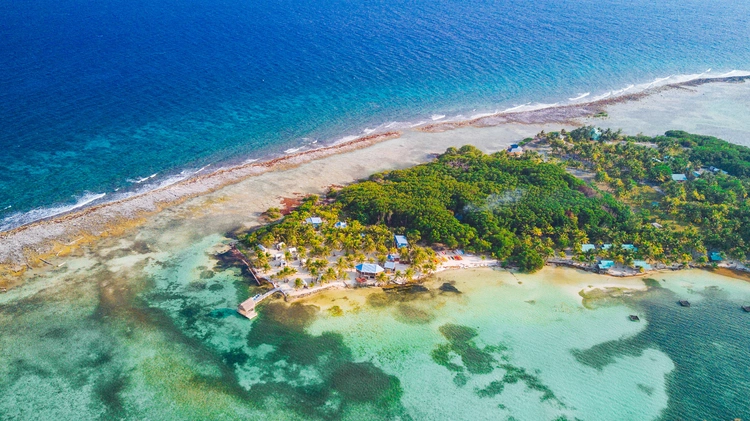Taxes In Brazil: Everything You Need To Know 2025- FAQs
Brazil has a system with different tax rates for ICMS (Imposto de Circulação de Mercadorias e Serviços), which is charged by each state. The usual ICMS rate is 17%, but it is 18% in São Paulo, Minas Gerais, and Paraná, and 19% in Rio de Janeiro.








 . '
. '
 . '
. '
 . '
. '
 . '
. '
 . '
. '








